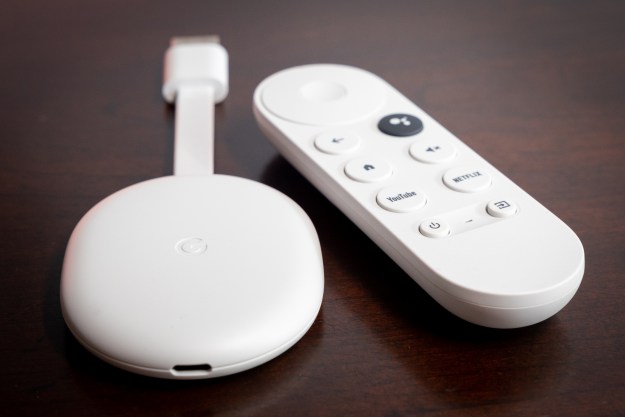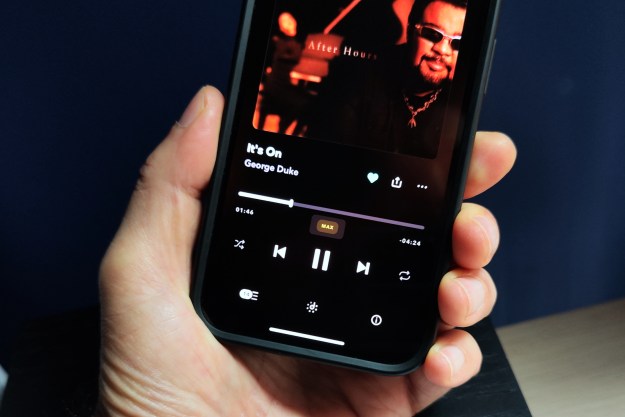
Detailed by Variety recently, representatives of two major sports organizations are encouraging the Supreme Court to listen to the broadcasters’ argument about the legality of the Web streaming video service Aereo. Mentioned within a brief filed earlier this month, both the NFL and MLB state that the organizations would consider pulling all sports broadcasts from channels like NBC, ABC and FOX since broadcasters cannot collect retransmission fees for the content from Aereo. Aereo is a service that provides rental access to remote high definition antennas in order to watch live, local television over the Web as well as record content with a cloud DVR service.
These games would be transitioned to channels such as ESPN that require some form of premium subscription, even if it’s just a basic cable package. Within the brief, the leagues state “If copyright holders lose their exclusive retransmission licensing rights…those stations will become less attractive mediums for distributing copyrighted content. The option for copyright holders will be to move that content to paid cable networks (such as ESPN and TNT) where Aereo-like services cannot hijack and exploit their programming without authorization.”
While the threat to remove games from broadcast stations has been made, neither organization has specified a timeline in which this action would occur if the Supreme Court chooses to ignore the matter or rules in Aereo’s favor after hearing the challenge. Of course, both organizations are attempting to protect a significant financial stake in retransmission fees. According to the brief, the leagues collect one third of the $300 million that’s paid to broadcasters from cable and satellite companies.

Earlier this year, retransmission fees were at the center of a battle between CBS and Time Warner. The spat ultimately led to a blackout of the network in major areas of the country for an entire month. Revealed by Time Warner in late October, the company lost over 300,000 subscribers in the third quarter of 2013. Analysts estimate that a third to half of those subscribers left due to the CBS blackout. That blackout also included Showtime, The Movie Channel and The Smithsonian Channel.
Interestingly, if the Supreme Court does hear the case and rules for Aereo in this matter, there’s nothing to stop cable and satellite companies from copying Aereo’s business model and setting up similar antenna farms across the country rather than continuing to pay retransmission fees. According to Bloomberg, companies such as Direct TV, Time Warner Cable and Comcast Communications are already investigating the possibility of capturing the network channels using the same method.
Of course, the broadcast networks would likely convert to premium channels rather than continue to offer content for free over the air if that happens. CBS CEO Leslie Moonves, Univision Chairman Haim Saban and Fox COO Chase Carey have all stated that those networks would transition to premium channels on cable if Aereo’s business isn’t shut down.


